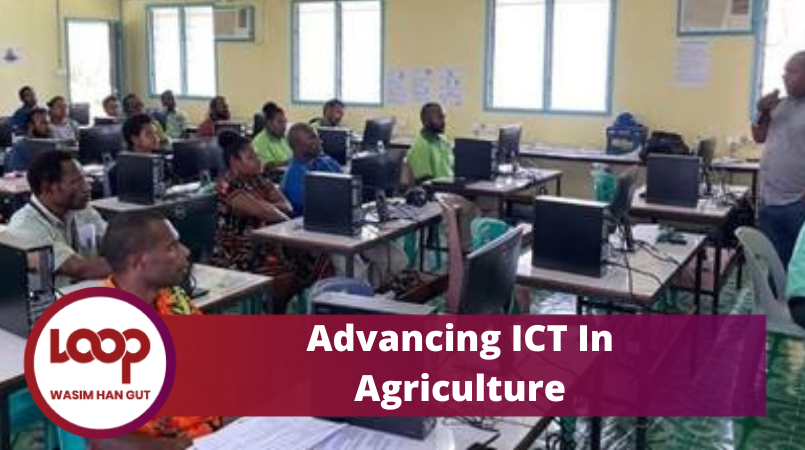
East and West Sepik provinces are largely agriculture-based provinces. However, lack of access to credible and timely information is one of the setbacks of agricultural advancement in the region.
In this context, Information Communication Technology (ICTs) offer enormous opportunities for enhanced agricultural innovation for food security, income, and economic growth.
The emerging ICT developments, such as widespread mobile adoption, increasing use of broadband internet, and availability of digital applications will address some of the agriculture challenges in this information age. These include improved access and use of digital financial solutions to support communities for improved financial transactions and savings. Digital agriculture or E-agriculture is strongly perceived under the EU-STREIT PNG framework as a key mechanism for enhanced agriculture production, entrepreneurship, and improved livelihood in the Sepiks.
Recently, the EU Funded UN Joint STREIT Programme conducted a two-day intensive training for Maprik Secondary School's teachers and lead farmers on Digital Skills and Financial Literacy modules.
Deputy Principal of the Maprik Secondary School, Molland Saluali while appreciating the EU-STREIT PNG Programme for supporting school’s resource centre in terms of improving IT skills and sustainability approach, said, “These trainings are very useful for us and students and farmers that almost most of the students are coming from rural areas. This will give excellent opportunity that students will go back to villages and share and disseminate the knowledge and experience that they learned. I believe this will be a good start on regular support and this will be a new era of doing business in the agriculture value chain.”
This initiative was well received and embraced by the participants, as many expressed the need for immediate application of some of the common tools, such as social media in teaching, marketing, collaboration, and information access. Participants also expressed that there are far more benefits that could be derived from smartphones, simple technologies, and available services. The training also helped overcome some of the long-held scepticism on their uses and how much value the ICTs can offer in their day-to-day practices in agriculture and finance.
“Two days training gave us a good opportunity to learn and how to use the digital skills, e-agriculture, online marketing tools in our education sector as well as in community. It is a very good to teach people in rural areas how to use digital and social media platforms. It will be useful for me that we will teach students and farmer on what I learned here. I am very interested in continuation of such trainings in future,” added Fredah Vitikut, a Business Management and Economics teacher who attended the training.
